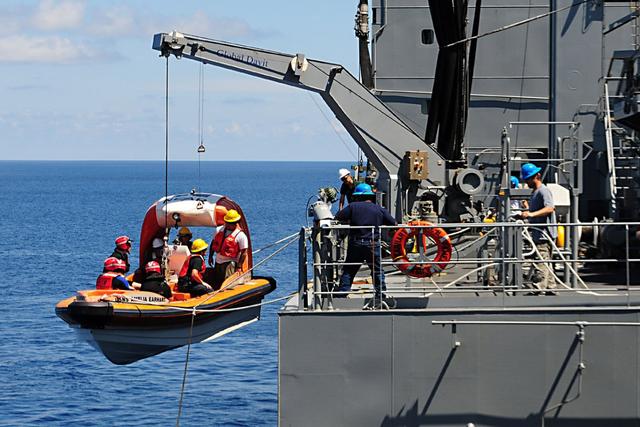Foreign Trade

Overview
Foreign trade, the exchange of goods and services between nations, has played an important role in national economies for centuries, helping domestic industries grow to serve foreign customers and allowing people to enjoy goods produced outside their own country. Trade has always been a major force behind the relations among nations, often helping to create alliances among friendly trade partners, but also leading to wars for control over raw materials or trade routes throughout world history.
Regulation and control of international trade relies on standard trade routes and fairly stable governments. Import taxes (tariffs) are levied against some import items to allow local producers to compete economically against foreign producers, and trade limits are sometimes set on items to keep the local market from being flooded with foreign goods. International trade agreements, however, often aim to open new markets for foreign goods where adequate supply for an in-demand good does not exist in a country.
Two key factors drive international trade. One is that one country can sometimes supply something that another cannot produce. The other is that although one country may be able to produce an item, it may be cheaper to make it somewhere else and have it brought in. Foreign trade enables each country to make the best use of its most abundant resources, including the unique talents of its workforce. In addition, foreign trade often involves building offices or factories in foreign countries, sending technical or other specialists abroad, and expanding the distribution of a product into international markets.
A country's balance of trade (relation of exports to imports) is an important measure of its economic health. Most economists believe that imports and exports should be equal in value, or exports should be higher, for a healthy national economy. When export shipments are smaller than imports, it means that money spent in other countries will not ...













